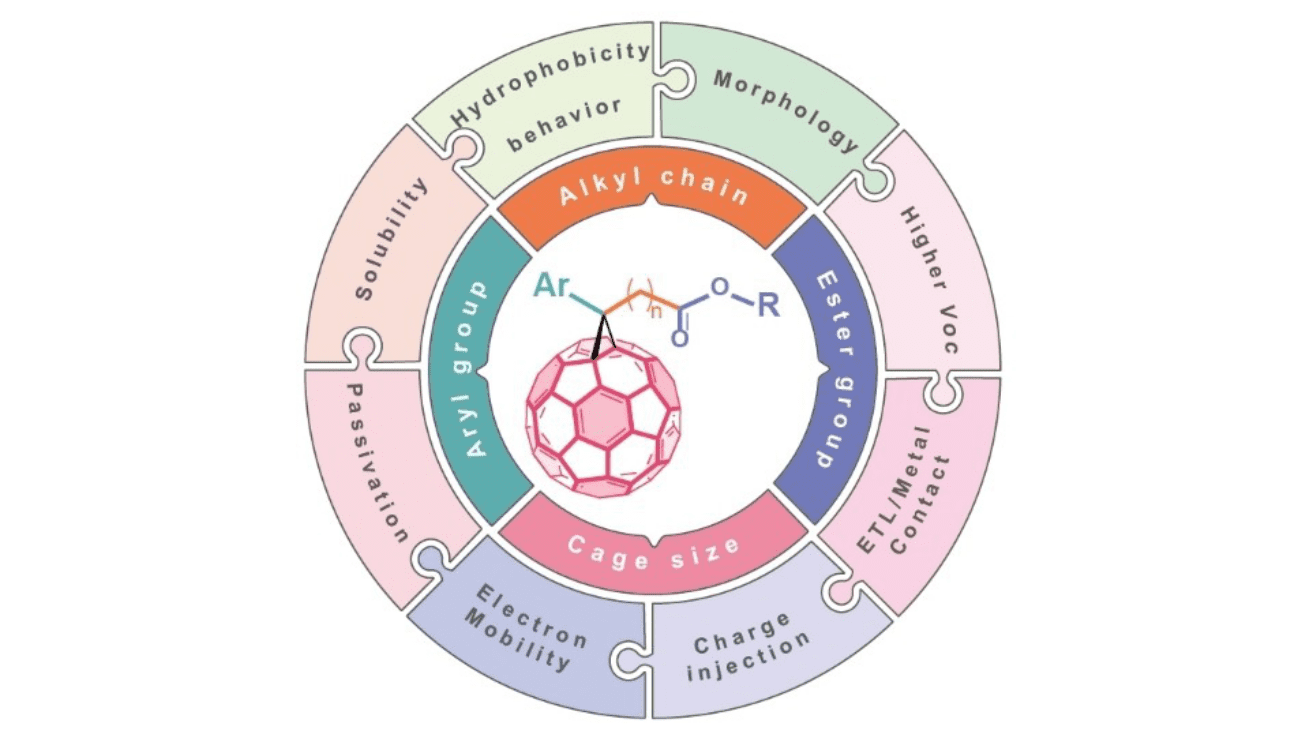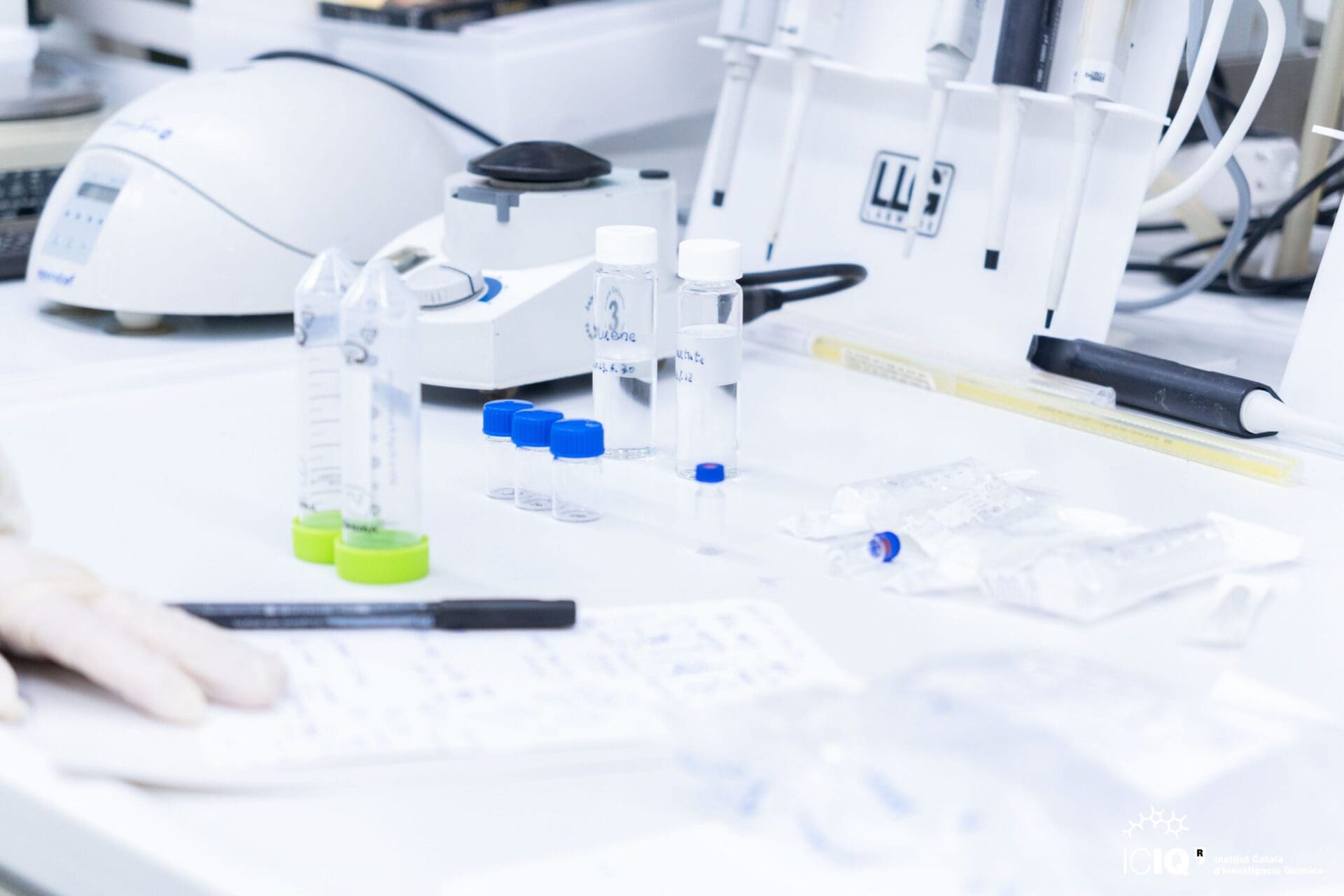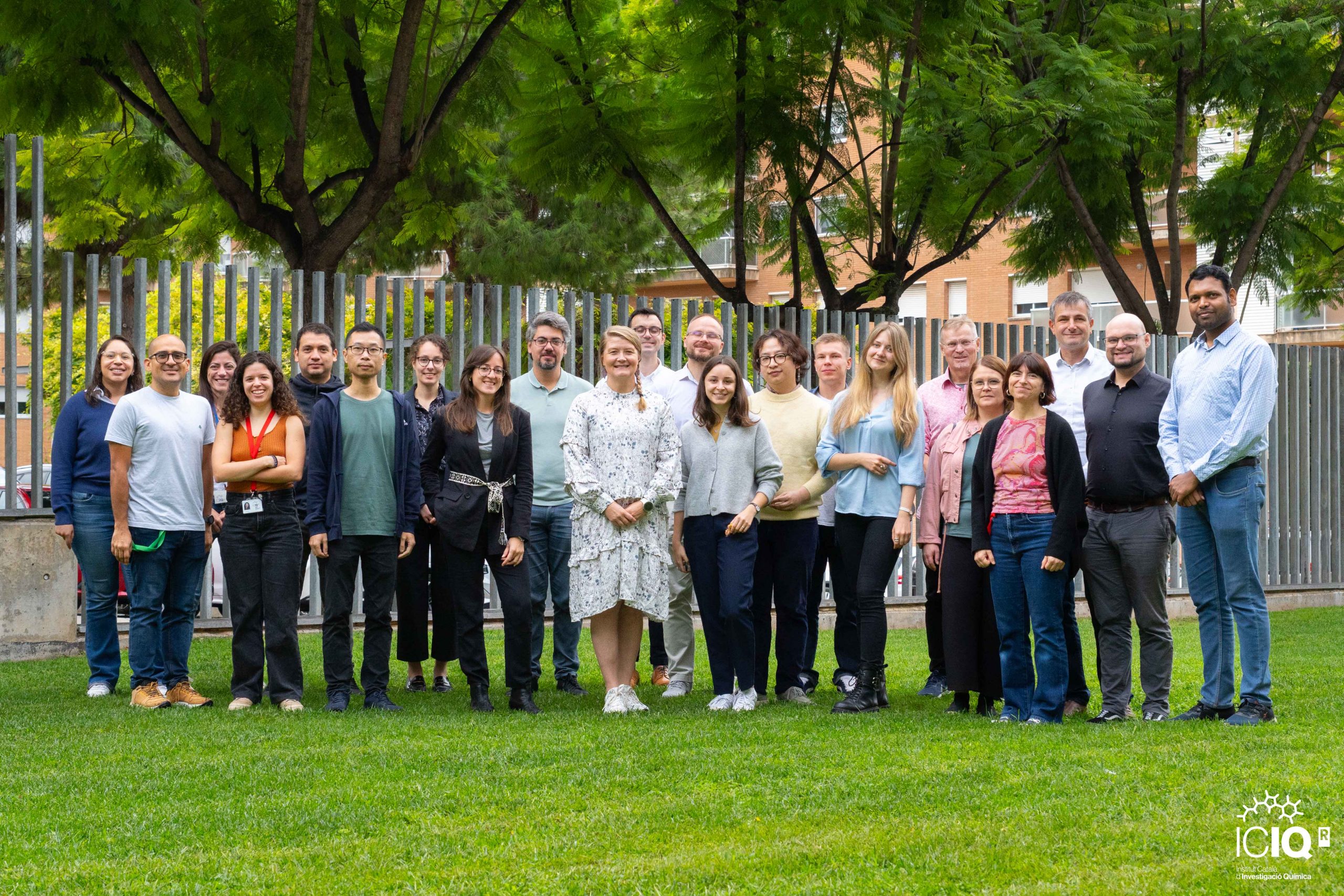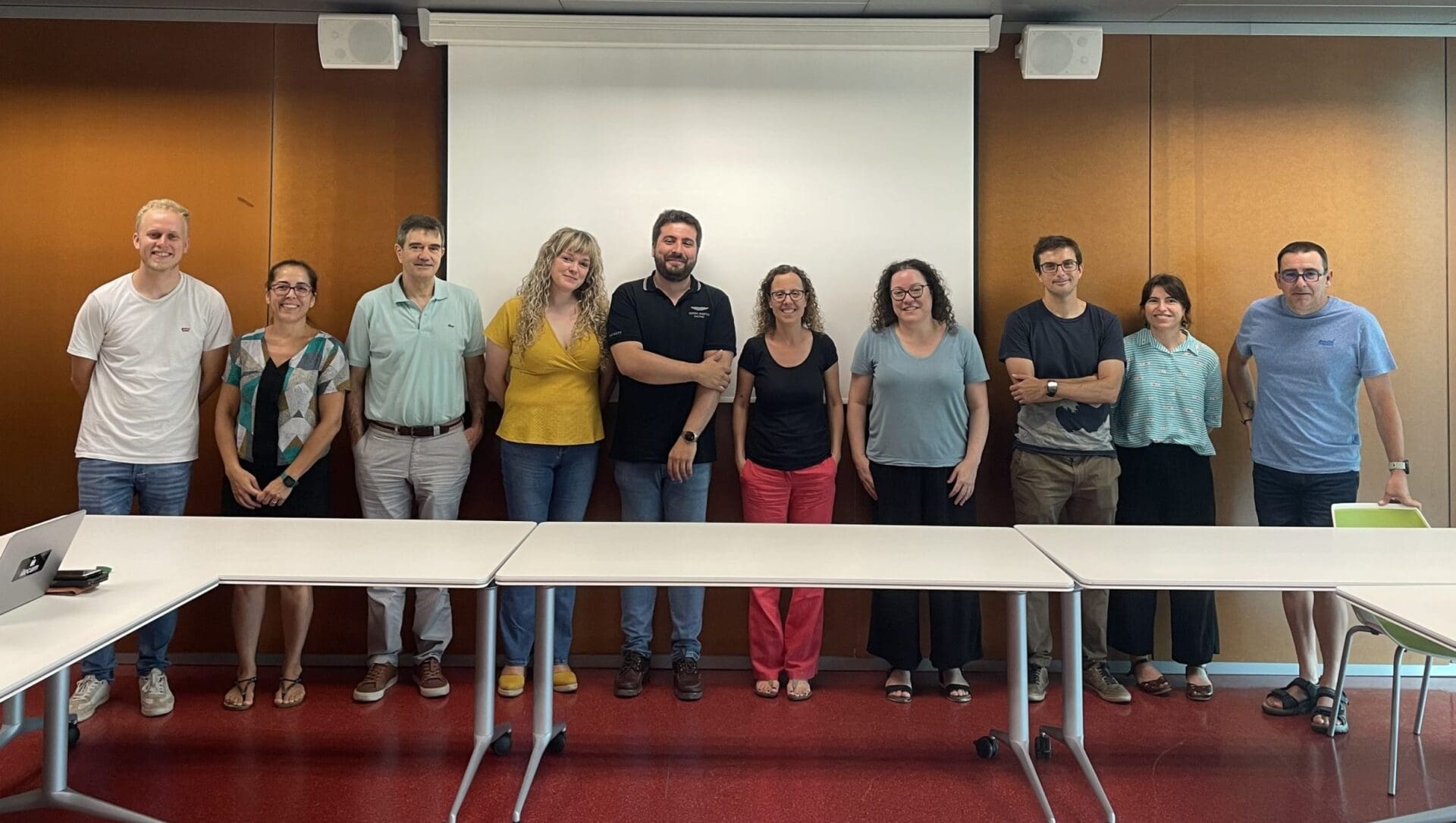Revolutionizing solar energy: EU's PEARL project targets next-gen flexible perovskite solar cells
7th August 2024 -

The PEARL project aims to achieve improvements in solar energy technology by incorporating carbon electrodes into perovskite solar cell architecture. This enhancement is expected to lead to reduced material costs, increased device stability, simplified fabrication processes, and significantly lower emissions. The project started on 1st October 2023 and will run 36 months. PEARL receives funding from the European Union’s Horizon Europe research and innovation programme.
The ICIQ research group led by Prof. Emilio Palomares is involved in the project, which is coordinated by Teknologian Tutkimuskeskus VTT Oy, and also counts with the collaboration of the Nederlandse Organisatie voor Toegepast Natuurwetenschappelijk Onderzoek TNO, Helmholtz-Zentrum für Materialien und Energie GmbH, Università degli Studi di Roma Tor Vergata, Dycotec Materials LTD, Fraunhofer Institute for Electron Beam and Plasma Technology FEP, Fachhochschule Nordwestschweiz, Saule Spółka Akcyjna and Eni SPA.
Current perovskite solar cells face significant challenges in stability and durability, hindering their long-term application. To address these issues, the European Union has launched the innovative PEARL project, which aims to enhance perovskite solar cells with cutting-edge carbon electrodes. This EU-funded initiative aspires to significantly improve the efficiency, stability, and cost-effectiveness of these solar cells, targeting efficiencies of over 25% and substantially lower production costs. PEARL represents a major step forward in making sustainable solar power more accessible and reliable.
The use of solar energy is essential for achieving global climate goals. Currently, silicon-based solar cells is still the dominant technology. Research of perovskite solar cells has been progressed rapidly over the past 15 years. This inexpensive and versatile material and its functionality can contribute to an enormous increase in the efficiency of solar cells. The increase in efficiency from an initial 4% to well over 20% promises a breakthrough for the technology in the near future.
However, the new solar cells are currently still too unstable and not robust enough. The efficiency loss of perovskite cells is currently still high within the first few months. Research teams around the world are therefore working on overcoming the challenges of the technology and on environmentally friendly process technologies for its production.
The ten European partners of the project consortium are working on PEARL’s primary objective, which is to develop flexible perovskite solar cells using scalable, environmentally friendly methods that are viable for industrial application. The project targets achieving long-term operational stability that surpasses existing International Electrotechnical Commission (IEC) standards, with an efficiency greater than 25%, production costs below 0.3 EUR/Wp, and minimal emissions of less than 0.01 kg CO2eq/kWh.
The project is set to explore planar, conventional n-i-p, and further n-i-c device architectures. These will utilize low-temperature carbon pastes as top electrodes and will be produced in roll-to-roll technology. Key applications of this technology will be in the emerging markets of building and vehicle integrated photovoltaics, and Internet of Things.
Reflecting on the project’s significance, the PEARL project coordinator Dr. Riikka Suhonen from VTT Technical Research Centre of Finland Ltd stated: “With PEARL, we are not just developing a new technology; we are setting the foundation for the next generation of solar power. Our innovative approach with carbon electrodes will not only enhance the efficiency and stability of perovskite solar cells but will also ensure that these benefits are accessible and sustainable on a global scale.”



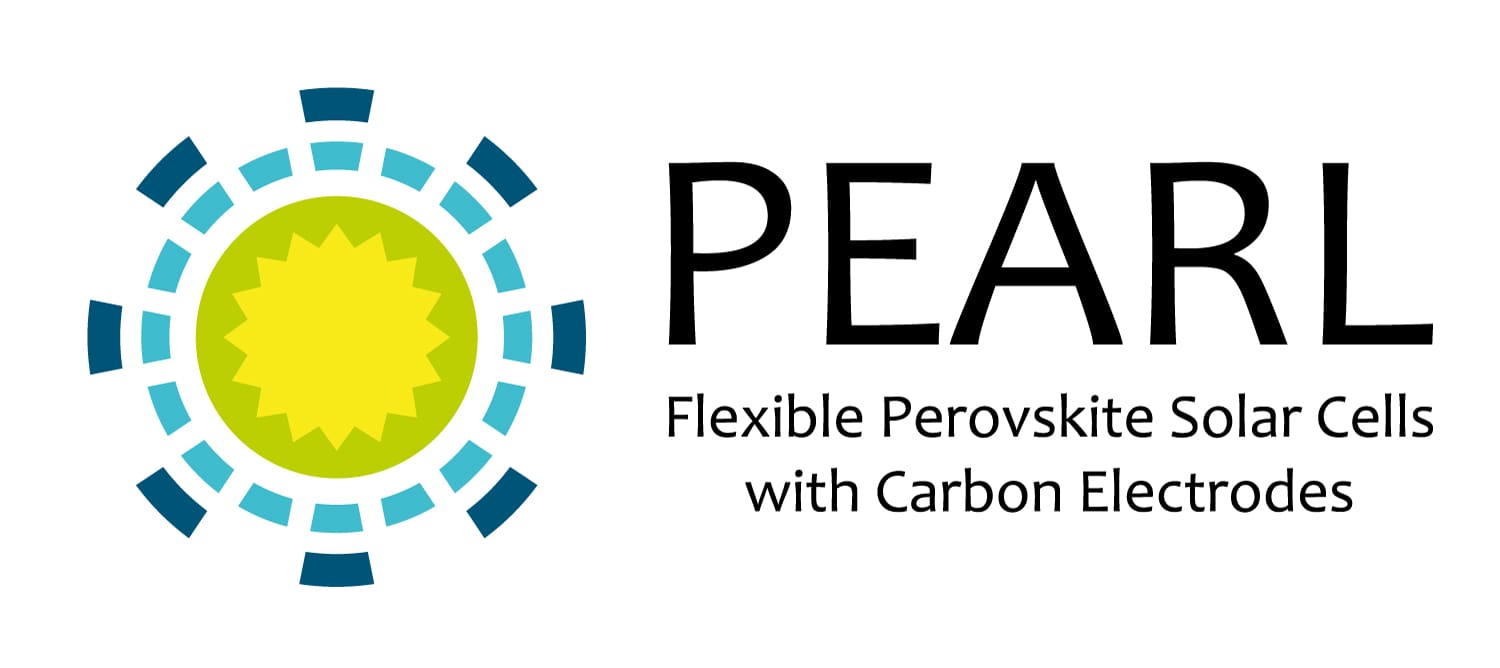

This project has received funding from the European Union’s Horizon Europe research and innovation programme under grant agreement no. 101122283.
Related news

Let's create a brighter future
Join our team to work with renowned researchers, tackle groundbreaking
projects and contribute to meaningful scientific advancements





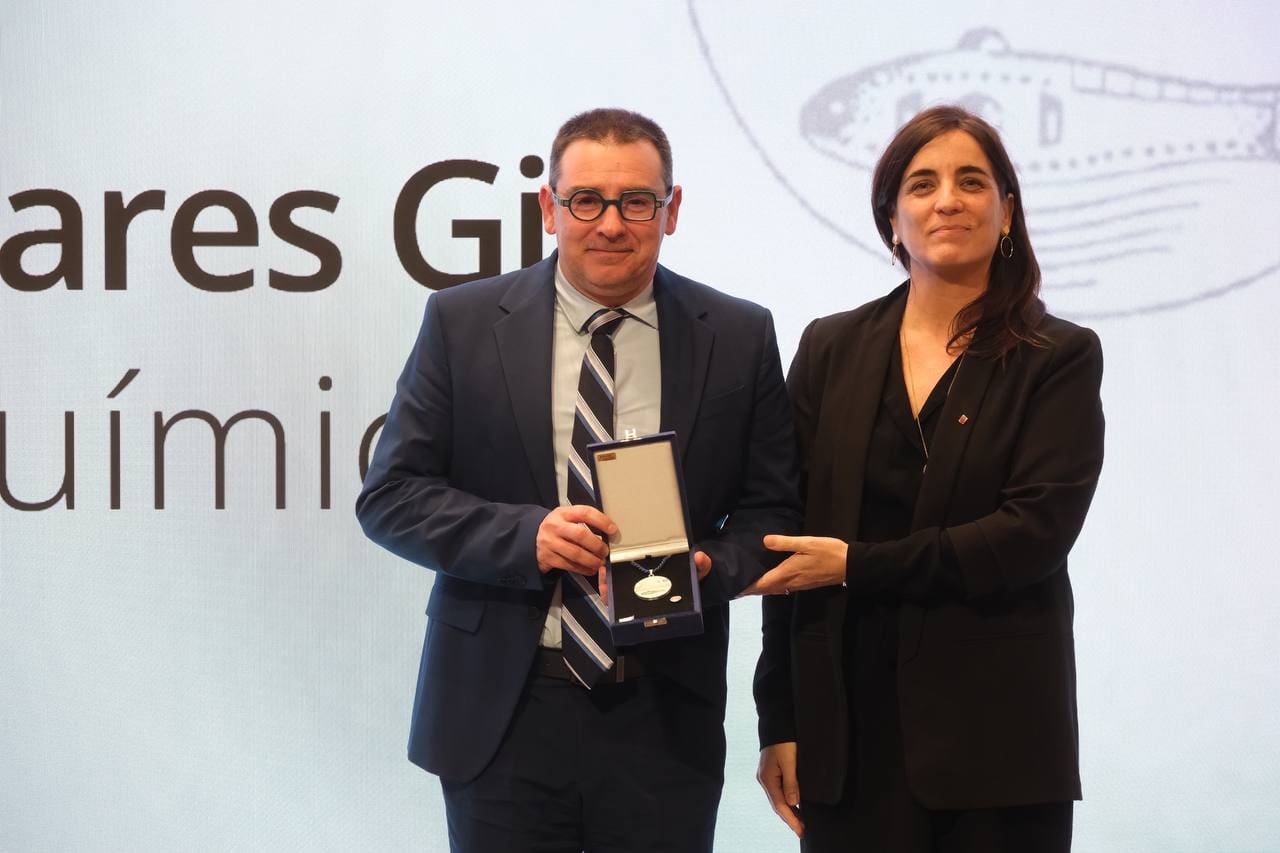
 17-02-2025
17-02-2025 